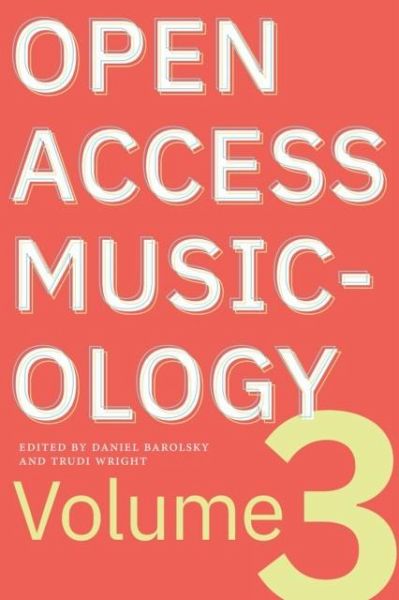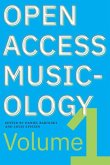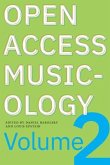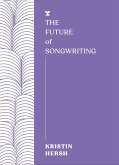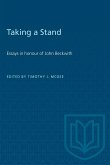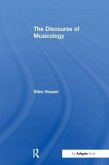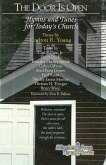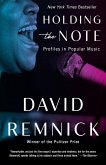Open Access Musicology (OAM) publishes peer-reviewed, scholarly essays primarily intended to serve students and teachers of music history, ethno/musicology, and music studies. The constantly evolving collection ensures that recent research and scholarship inspires classroom practice. OAM essays provide diverse and methodologically transparent models for student research, and introduce different modes of inquiry to inspire classroom discussion and varied assignments. Addressing a range of histories, methods, voices, and sounds, OAM embraces changes and tensions in the field to help students understand music scholarship. These essays are intended for undergraduates, graduate students, and interested readers without any particular expertise. The topics introduce and explore a variety of subjects, practices, and methods but, above all, seek to stimulate classroom discussion on music history's relevance to performers, listeners, and citizens. Open Access Musicology will never pretend to present complete histories, cover all elements of a subject, or satisfy the agenda of every reader. Rather, each essay provides an opening to further contemplation and study. The third volume of Open Access Musicology presents provocative case studies and analyses through which readers can choose their own path while also putting these essays in conversations from those in previous volumes of OAM. This new volume challenges us to ask difficult questions about the place and function of music in our societies, on our stages, and in our institutions. The authors demonstrate ways in which the past can be re-imagined as well as the ways legacies of the past are inscribed in present-day practices, structures, histories, and beliefs. We invite readers to follow the thematic links between essays, pursue notes and other online resources, or simply repurpose the essay's questions into new and exciting forms of research and creativity.
Bitte wählen Sie Ihr Anliegen aus.
Rechnungen
Retourenschein anfordern
Bestellstatus
Storno

